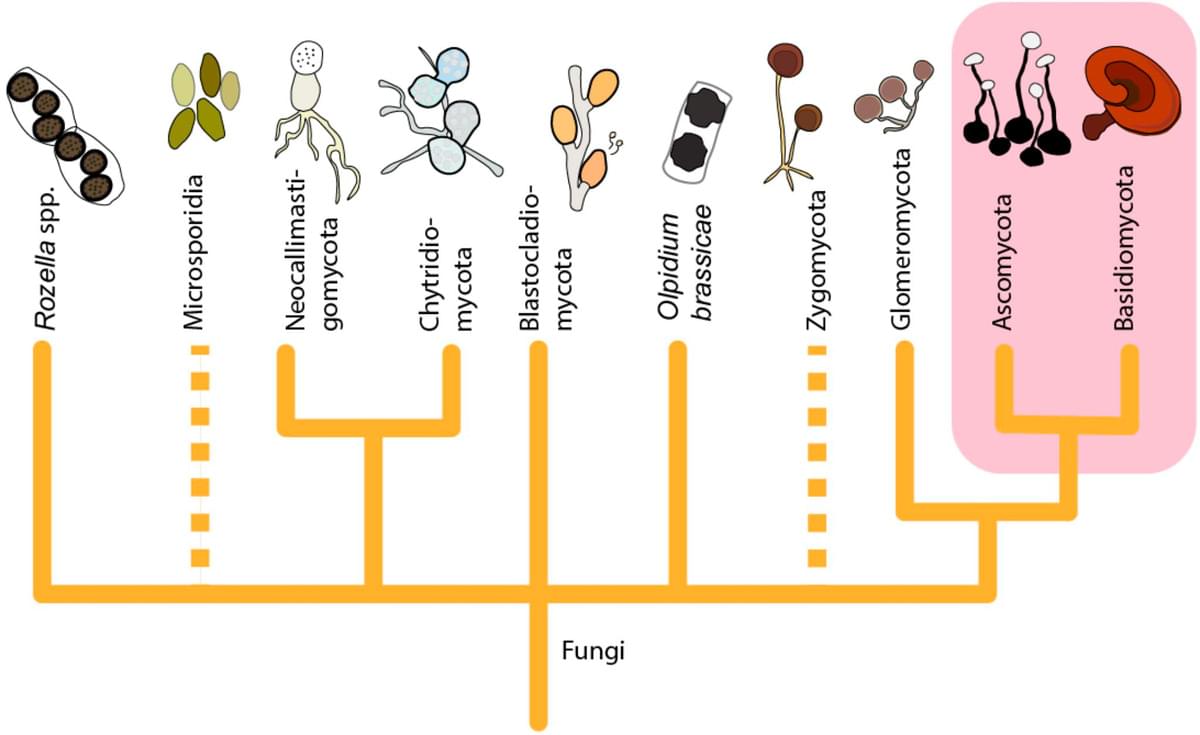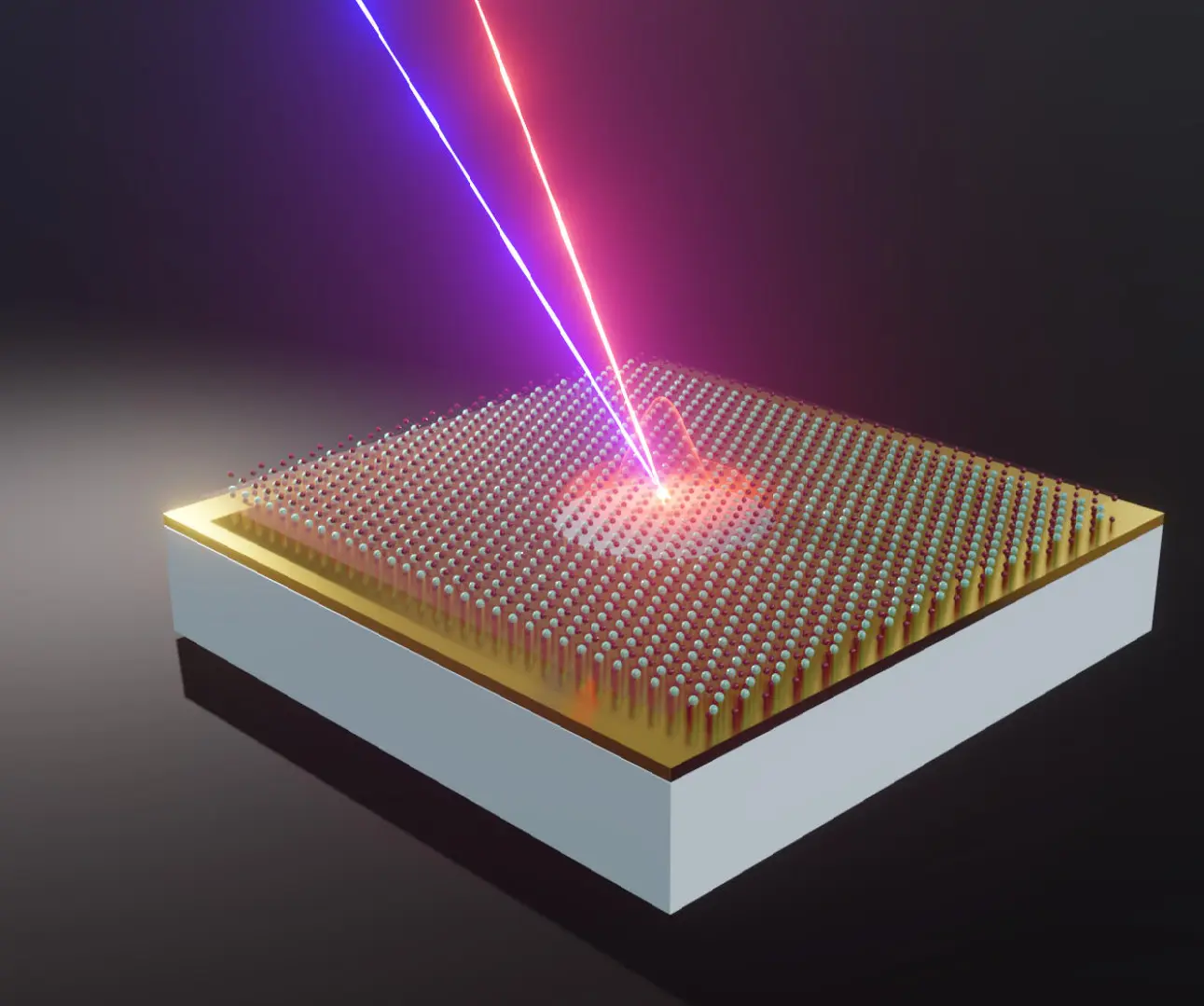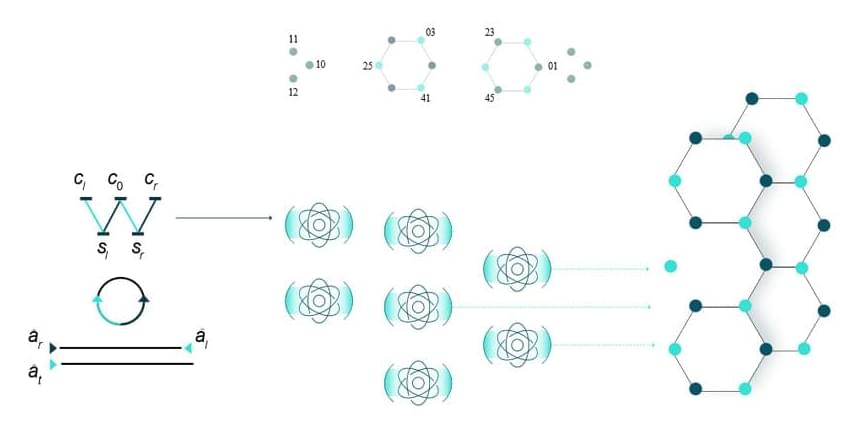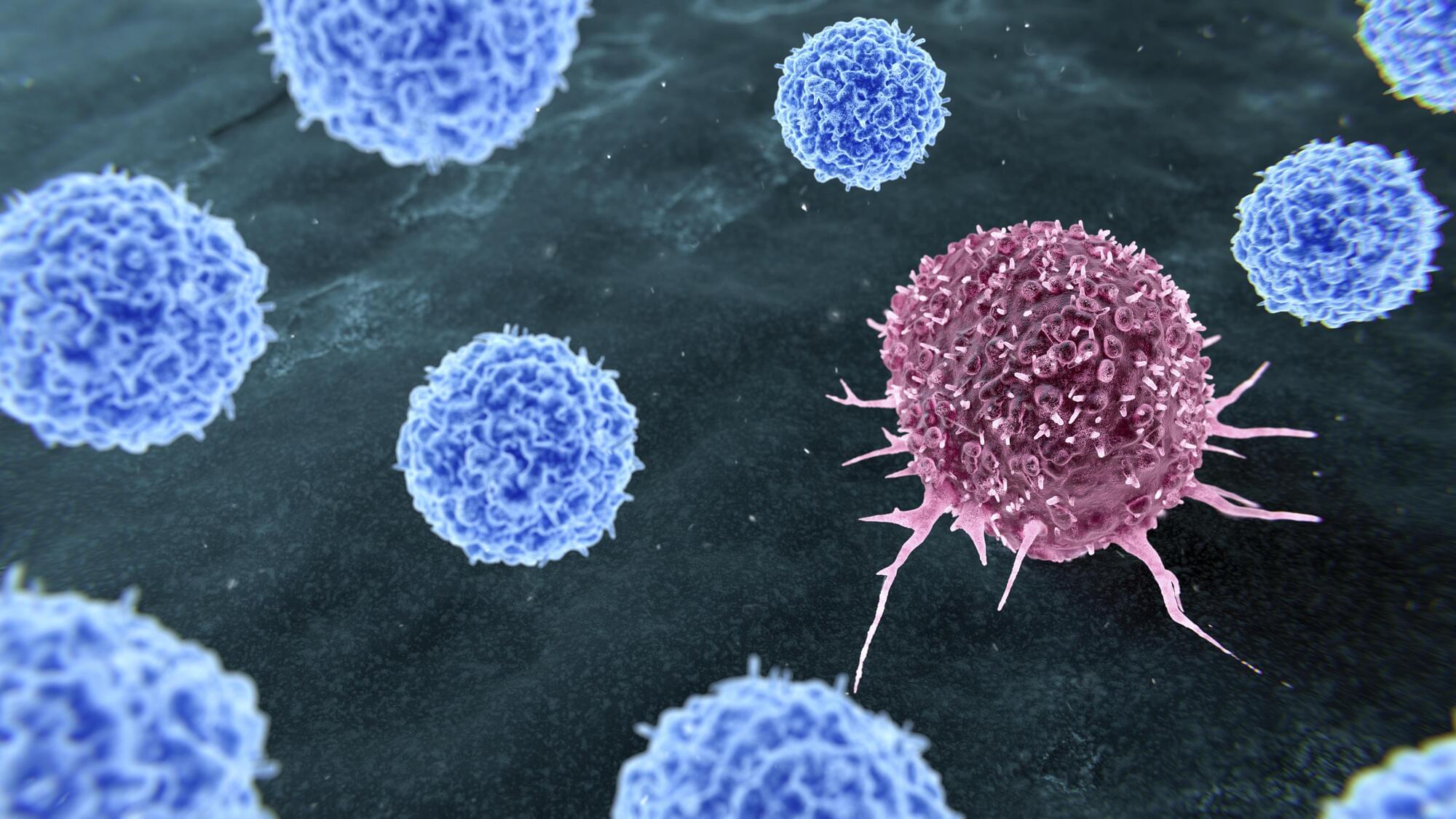Andrew Ng on June 17, 2025 at AI Startup School in San Francisco.
Andrew Ng has helped shape some of the most influential movements in modern AI—from online education to deep learning to AI entrepreneurship.
In this talk, he shares what he’s learning now: why execution speed matters more than ever, how agentic workflows are changing what startups can build, and why concreteness beats vagueness when turning ideas into products. He reflects on the rise of AI coding assistants, the shifting bottlenecks in product development, and why, despite faster software, it’s still human judgment and responsibility that will shape what comes next.
Apply to Y Combinator: https://ycombinator.com/apply.
Work at a startup: https:/workatastartup.com.
Chapters:
00:00 — Introduction.
00:31 — The Importance of Speed in Startups.
01:13 — Opportunities in the AI Stack.
02:06 — The Rise of Agent AI
04:52 — Concrete Ideas for Faster Execution.
08:56 — Rapid Prototyping and Engineering.
17:06 — The Role of Product Management.
21:23 — The Value of Understanding AI
22:33 — Technical Decisions in AI Development.
23:26 — Leveraging Gen AI Tools for Startups.
24:05 — Building with AI Building Blocks.
25:26 — The Importance of Speed in Startups.
26:41 — Addressing AI Hype and Misconceptions.
37:35 — AI in Education: Current Trends and Future Directions.
39:33 — Balancing AI Innovation with Ethical Considerations.
41:27 — Protecting Open Source and the Future of AI.








